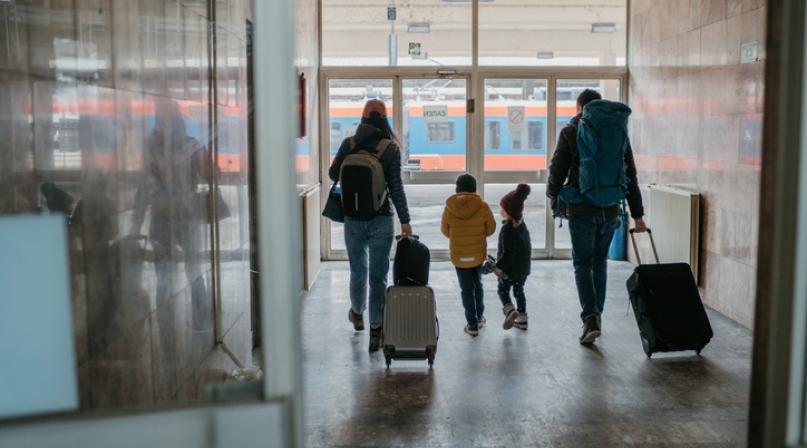Counties allocated funding through the Shelter and Services Program
Author

Julia Cortina
Upcoming Events
Related News

Key Takeaways
On June 12, the U.S. Department of Homeland Security (DHS) allocated $291,040,000 in funding for eligible applicants to provide shelter, food, transportation and other eligible services to migrants under the FY 2023 Shelter and Services Program (SSP). $47,365,485 million of this total is allocated for the eligible counties listed below, however, they must still apply in order to receive their awards. The full list of eligible applicants is available here.
- Pima County, Ariz. $8,364,948
- Riverside County, Calif. $10,769,659
- San Diego County, Calif. $15,126,396
- City/County of Denver, Colo. $8,617,637
- St. John Parish, La. $750,000
- Hennepin County, Minn. $1,289,593
- El Paso County, Texas $2,447,252
Funding allocations were based on release and destination data received from U.S. Customs and Border Protection (CBP) (over the time period of October 1, 2022 to May 21, 2023) and Emergency Food and Shelter Program – Humanitarian (EFSP-H) requests made in FY 2023. If eligible applicants do not accept their allocation for this first tranche of funding, that amount will be rolled into the second tranche of funding and re-allocated.
Applicants must demonstrate their capacity, either internally or through a partnership, to carry out each SSP allowable activity for which they propose funding. Funding will not be provided to any applicant that charges any noncitizen migrant for services. $72,760,000 in additional SSP funding will be made available at a later date. The second tranche of funding will allow for additional eligible candidates and allocations with the same overarching purpose and allowable activities.
Eligible applicants must apply to the Federal Emergency Management Agency’s Grants Outcome (FEMA GO) System by July 12, 11:59 p.m. EDT.
Additional Resources
Attachments
Related News

USDA and HHS release new dietary guidelines
On January 7, U.S. Department of Agriculture Secretary Brooke Rollins and U.S. Department of Health and Human Services Secretary Robert F. Kennedy, Jr. unveiled the new Dietary Guidelines for Americans, 2025–2030.

County Countdown – Dec. 15, 2025
Every other week, NACo's County Countdown reviews top federal policy advocacy items with an eye towards counties and the intergovernmental partnership.